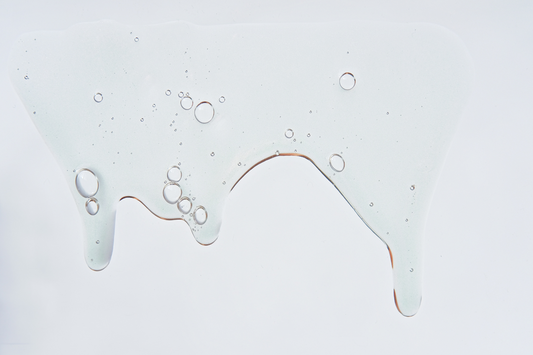If you’re pregnant (or even thinking about it), you’ve probably wondered: Do I really need prenatal vitamins, or can I just take my regular multivitamin?
Short answer? Prenatals are NOT the same as your daily multi. Long answer? Let’s break it down.
What’s the Difference?
👩⚕️ Regular Multivitamin = General health support. Covers basic daily vitamin/mineral needs.
🤰 Prenatal Vitamin = Specifically designed for pregnancy. Higher doses of key nutrients needed for baby’s brain, bones, and overall development.
Here’s why you can’t just swap a multi for a prenatal (and why it matters):
1️⃣ Folate (Not Just Any Folic Acid)
Prenatals contain higher folate levels—the #1 must-have nutrient for preventing neural tube defects. Many multis use folic acid, but prenatals should have folate (L-methylfolate) for better absorption, especially if you have the MTHFR gene mutation.
2️⃣ More Iron to Prevent Fatigue
Pregnancy = more blood, more iron needed. Most multivitamins don’t have enough iron to support increased blood volume during pregnancy, which can lead to fatigue, dizziness, and anemia.
3️⃣ Higher DHA for Baby’s Brain
DHA (an Omega-3 fatty acid) is critical for baby’s brain and eye development—but most regular multis don’t include it. Prenatal vitamins often include DHA or recommend pairing with a fish oil supplement.
4️⃣ Extra Choline for Cognitive Development
Choline is just as important as folate for baby’s brain development—but most regular multis don’t include enough (or any at all).
5️⃣ Less Vitamin A (for Safety!)
Too much preformed vitamin A (retinol) can be harmful in pregnancy. Prenatals balance the right amount to keep both you and baby safe.
Bottom Line: Which One Should You Take?
If you’re pregnant, trying to conceive, or breastfeeding, prenatal vitamins are a must. They’re formulated specifically for your changing nutrient needs—unlike regular multis, which just don’t cut it during pregnancy.



